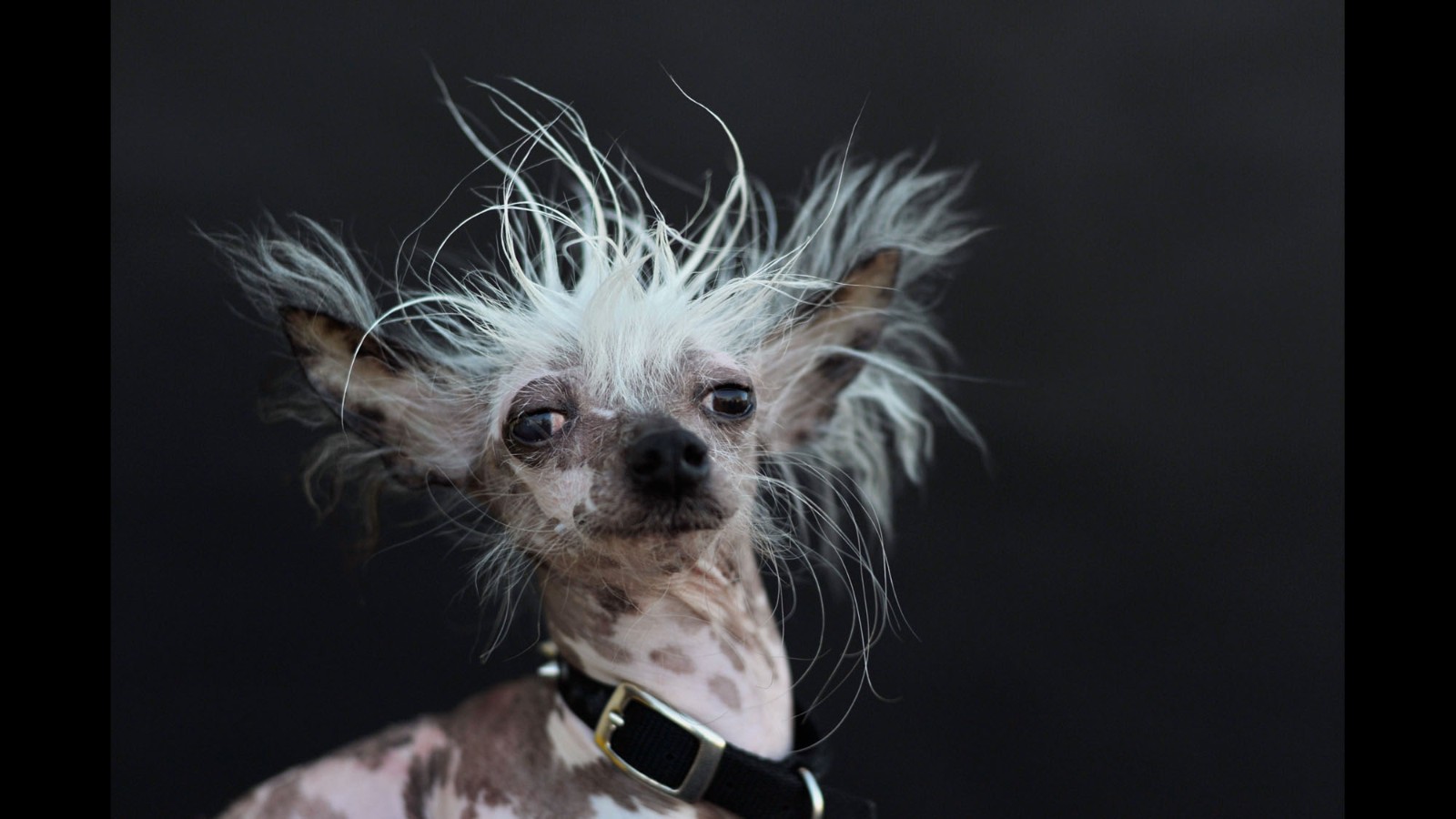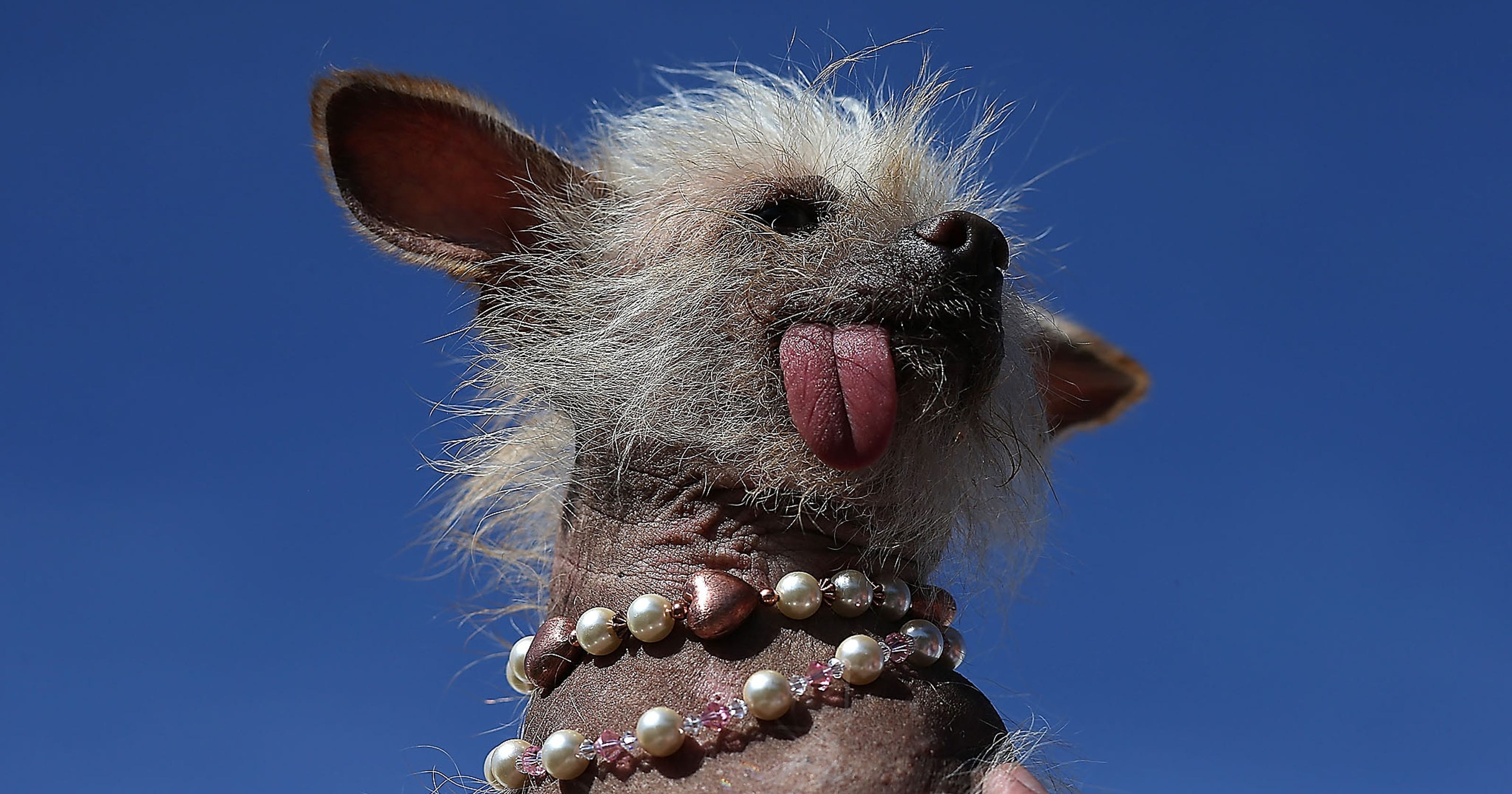Let's face it, the phrase "world's ugliest human" might sound a little harsh, but it's a topic that’s sparked curiosity and debates worldwide. People are drawn to the unusual, whether it's beauty or, well, the opposite of beauty. So, what makes someone the "world's ugliest human"? Is it really about looks, or is there more to this conversation? Today, we're diving deep into this controversial topic and exploring the human side behind the headlines.
This isn't just about pointing fingers or making judgments. It's about understanding why such a label exists in the first place. From societal norms to media influence, there's a lot more going on beneath the surface. And hey, maybe by the end of this, you'll realize that "ugly" isn't always what it seems.
Before we dive in, let's set the record straight. The concept of beauty—and its opposite—is subjective. What one person finds unattractive, another might find fascinating. So, as we explore this topic, keep an open mind and remember that everyone has a story worth telling.
Read also:How Much Does Joseline Hernandez Weigh A Closer Look At Her Journey
Table of Contents
- Biography: The Story Behind the Label
- Defining Ugliness: What Does It Really Mean?
- Media Influence: How the World Perceives "Ugly"
- Scientific Perspective: Genetics and Perception
- Emotional Impact: The Human Side of the Label
- Celebrity Cases: When Fame Meets Controversy
- Ethical Debate: Is Calling Someone "Ugly" Fair?
- Social Media: Amplifying the Noise
- Redefining Beauty: Beyond the Surface
- Final Thoughts: What We Can Learn
Biography: The Story Behind the Label
Let's start with a bit of background. When people talk about the "world's ugliest human," they're often referring to individuals who have been labeled as such by the media or public opinion. One of the most famous cases is Lizzie Velásquez, a woman born with a rare condition that prevents her from gaining weight. Despite being labeled as "the world's ugliest woman" early in her life, Lizzie has become a symbol of strength and resilience, proving that beauty goes beyond physical appearance.
Here's a quick look at her story:
Biodata of Lizzie Velásquez
| Name | Lizzie Velásquez |
|---|---|
| Birth Date | June 22, 1989 |
| Condition | Rare syndrome that prevents weight gain |
| Profession | Motivational speaker and author |
| Claim to Fame | Labeled "the world's ugliest woman" in a YouTube video |
Lizzie's story is a powerful reminder that labels don't define a person's worth. She's turned her struggles into a platform for advocacy, inspiring millions around the globe.
Defining Ugliness: What Does It Really Mean?
So, what exactly does it mean to be "ugly"? Is it all about looks, or are there other factors at play? Ugliness, like beauty, is subjective. What one culture considers unattractive, another might find fascinating. For example, in some African tribes, scarification is seen as a mark of beauty and strength, while in Western societies, it might be viewed as unappealing.
Factors That Influence Perceptions of Ugliness
- Cultural norms and values
- Media representation
- Social conditioning
- Personal experiences and biases
It's important to remember that perceptions of ugliness are often shaped by external influences. By challenging these norms, we can create a more inclusive and accepting society.
Media Influence: How the World Perceives "Ugly"
The media plays a huge role in shaping our perceptions of beauty and ugliness. Think about it—how many times have you seen a headline or viral video labeling someone as "the world's ugliest human"? These stories often attract clicks and shares, but at what cost? The individuals involved are left to deal with the emotional and psychological impact of such labels.
Read also:Unveiling The Life Of Chase Landrys Wife A Closer Look At Their Married Life
Studies have shown that media exposure can influence self-esteem and body image. When people are constantly bombarded with images of "perfect" beauty, they may start to see themselves as "not good enough." This can lead to feelings of inadequacy and low self-worth.
Scientific Perspective: Genetics and Perception
From a scientific standpoint, ugliness can sometimes be linked to genetic factors. Conditions like Lizzie Velásquez's syndrome or other rare disorders can affect physical appearance. However, it's important to note that these conditions don't define a person's worth or character.
Research has also shown that our perception of beauty is influenced by evolutionary factors. Symmetry, for example, is often seen as a sign of health and fertility. But does this mean that asymmetry equals ugliness? Not necessarily. Beauty is complex, and there's no one-size-fits-all definition.
Emotional Impact: The Human Side of the Label
Being labeled as the "world's ugliest human" can have a profound emotional impact on a person. Imagine waking up one day to find your face plastered all over the internet, accompanied by hurtful comments and judgments. It's not an easy thing to deal with, and it can take a toll on mental health.
Many individuals who have been labeled as "ugly" have spoken out about their experiences. They talk about feeling isolated, misunderstood, and even bullied. But here's the thing—they're not defined by those labels. They're people with dreams, passions, and stories worth sharing.
Celebrity Cases: When Fame Meets Controversy
Sometimes, the label of "world's ugliest human" is attached to celebrities or public figures. Take, for example, the case of Rick from "Rick and Morty." While he's a fictional character, his appearance has sparked debates about what constitutes ugliness. Rick's eccentric personality and genius intellect make him a fan favorite, proving that looks aren't everything.
In the real world, celebrities like Rose McGowan have spoken out about the pressure to conform to societal beauty standards. They remind us that true beauty comes from within and that confidence is key.
Ethical Debate: Is Calling Someone "Ugly" Fair?
This brings us to an important question: Is it fair to label someone as "ugly"? The answer is a resounding no. Calling someone ugly is not only hurtful but also unethical. It perpetuates negativity and reinforces harmful stereotypes.
Instead of focusing on what makes someone "ugly," we should celebrate diversity and individuality. Everyone has something unique to offer, and it's time we start recognizing that.
Social Media: Amplifying the Noise
Social media has become a double-edged sword when it comes to discussions about beauty and ugliness. On one hand, it provides a platform for people to share their stories and connect with others. On the other hand, it can amplify negative comments and judgments.
Platforms like TikTok and Instagram are filled with content that challenges traditional beauty standards. Influencers like Jameela Jamil and Ashley Graham are leading the charge, promoting body positivity and self-love. They remind us that beauty comes in all shapes, sizes, and forms.
Redefining Beauty: Beyond the Surface
It's time to redefine what beauty means. Instead of focusing solely on physical appearance, let's celebrate inner qualities like kindness, empathy, and resilience. These are the traits that truly make someone beautiful.
Here are some ways to shift the conversation:
- Focus on character over appearance
- Challenge societal norms and stereotypes
- Support movements that promote inclusivity and diversity
- Practice self-acceptance and self-love
By redefining beauty, we can create a world where everyone feels valued and appreciated for who they are.
Final Thoughts: What We Can Learn
In conclusion, the concept of the "world's ugliest human" is more than just a label—it's a reflection of societal values and perceptions. While it's easy to judge someone based on their looks, it's important to remember that there's so much more to a person than meets the eye.
Let's take a moment to reflect on what we've learned:
- Beauty is subjective and varies across cultures
- Labels can have a lasting emotional impact
- Science and genetics play a role in physical appearance
- Media and social platforms shape our perceptions
- It's time to redefine beauty and celebrate diversity
As you continue your journey, I encourage you to think critically about the labels we assign to others. Remember, every person has a story worth telling, and it's up to us to listen and learn.
So, what do you think? Do you agree with the idea that beauty goes beyond physical appearance? Leave a comment below and share your thoughts. And if you enjoyed this article, don't forget to share it with your friends!


